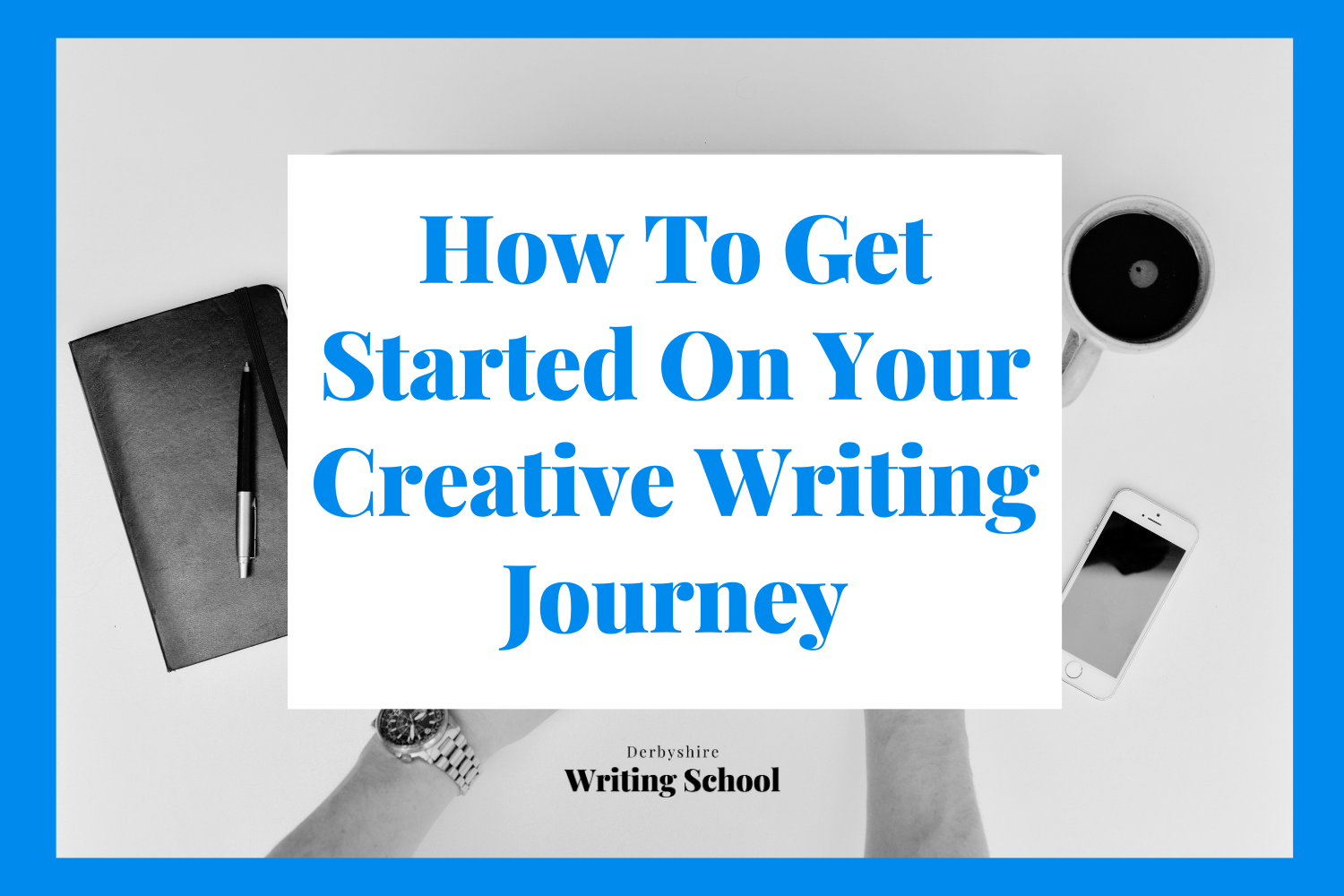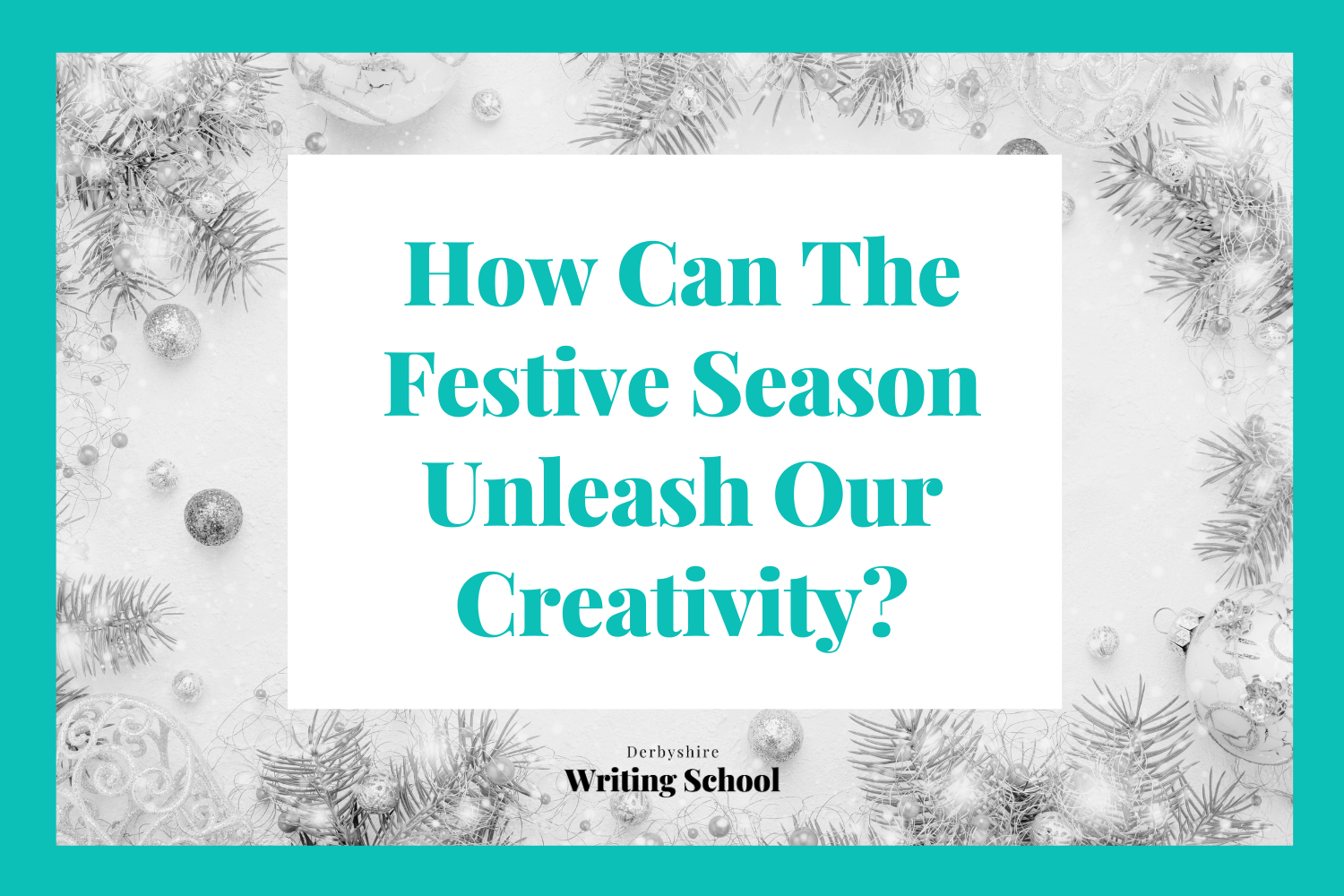Where Do The Best Ideas Actually Come From?
Where do ideas for creative writing come from?
The best way to answer this question is with one word: everywhere.
Part of the beauty of creative writing is that you can explore anything and everything. The possibilities are endless.
This week on the Derbyshire Writing School, Blog Lauren has been exploring where her ideas come from and what inspires her to write, perhaps these tools can help you on your writing journey too.
How to find ideas for creative writing?
1. An Ideas Journal
Inspiration and ideas can strike at any time from anywhere. One of the best ways to generate ideas for stories is to jot down anything that strikes you. Get yourself a notebook and write down the little thoughts and ideas that jump into your head. Soon you’ll have this amazing scrapbook of thoughts, quotes, pictures, ideas, and inspiration.
Recording any ideas, no matter how small or brief, is vital, as these have the potential to be wonderful sources of inspiration later. You should always be prepared for inspiration to strike!
2. Freewriting
I wrote with so much more freedom when I was younger, not overthinking so or worrying if I was allowed to use this or that as an idea or if this thought was interesting ‘enough’. I just let myself write. As time has gone on, I have noticed a tendency to over-think and fret. Thanks to studying creative writing further, I now think that ideas can, in fact, be absolutely anything, even just a particular word you overhear.
One of the greatest attributes of creative writing is the freedom it encourages. There’s no right or wrong thing to write about. I’ve discovered that sometimes simply letting yourself write and not thinking about it is beneficial, just letting it flow. It may not lead to anything straight away, but playing is an important part of the creative process.
3. Life Experiences
Drawing on personal experiences is one path worth exploring when looking for inspiration and topics to write about. When trying this, I become engrossed with the emotions as I write about them. It allows access to pure and deep feelings with no filter. It is often a good way to become unstuck as you can visualise what you’re writing about and really remember it. This also shows that you don’t always have to create a brand-new idea or start completely from scratch too. Life experiences themselves can be your idea or foundation.
4. Writing Prompts
Another technique that can help generate ideas is the use of writing exercises or prompts. They’re a great building block, offering a base to work from when you’re feeling stuck. There is an abundance of exercises out there, in everything from books to the internet, meaning you are never short of choice. Examples I have tried in the past include exercises from Writing Short Stories: Routledge Writer’s Guide by Alisa Cox.
Or you can sign up to the Derbyshire Writing School Newsletter and we’ll send you 101 free writing prompts!
How do you move forward with creative writing ideas?
While it can feel daunting trying to create an idea from pure imagination, it is something we can aim for. Trying to emulate something you have never encountered can seem particularly difficult at first, but experimenting and challenging yourself to do something different should be taken as a chance to have fun. During the process, you might uncover a range of new unexpected ideas.
The most important thing to take away from this blog post is that ideas can come from anywhere. They can come from any place, any person, any word. The best thing about creative writing is there are no restrictions or limits. Even if you’re unsure whether an idea is good, get it down on paper. Just let yourself go and see what happens. One idea can release another. As you continue to write, you may find yourself somewhere completely different from where you expected.
It’s all part of the wonderful world of writing.












